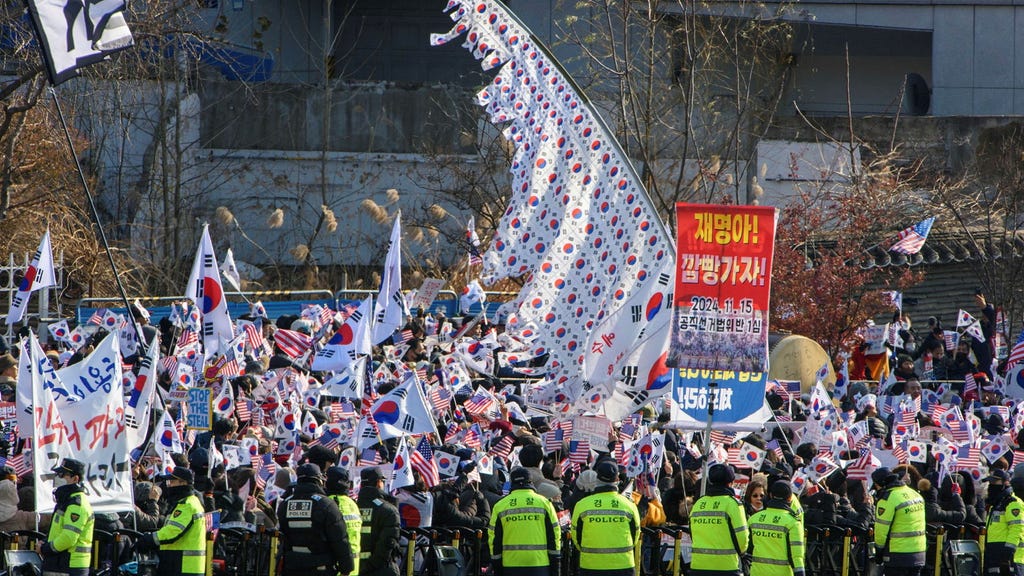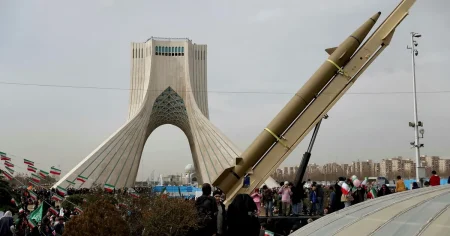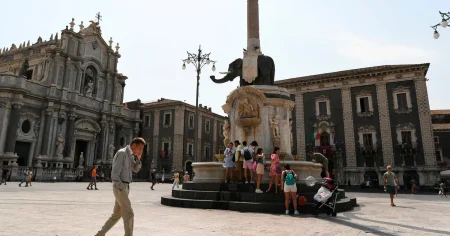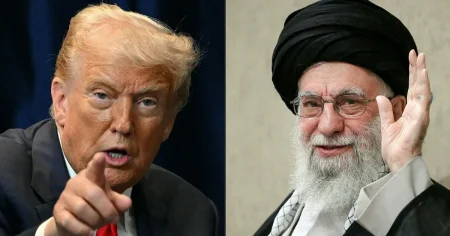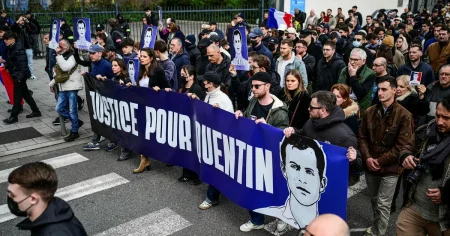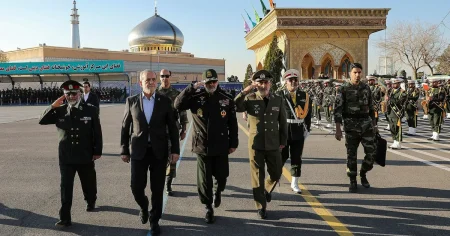The political landscape of South Korea is currently in unprecedented turmoil. Following President Yoon Suk-yeol’s shocking declaration of martial law on December 3rd, the nation has been plunged into a state of disarray, marked by deposed politicians, mobilized military personnel, and a deeply unsettled populace. Yoon’s drastic action, evocative of the nation’s troubled history of military dictatorship, sparked immediate and widespread protests. While the parliament successfully voted to overturn the martial law declaration within six hours, defying Yoon’s attempts to prevent their assembly by deploying the military, the ensuing political fallout has been equally, if not more, turbulent.
The aftermath of Yoon’s short-lived martial law declaration has seen him impeached and suspended from office, facing accusations of attempting to subvert South Korean democracy. Despite his suspension, Yoon has refused to relinquish power or cooperate with the corruption investigation launched against him. This defiance led to the issuance of an arrest warrant, further deepening the political crisis. The attempt to execute the warrant on Friday ignited another wave of unrest as thousands of Yoon’s supporters, predominantly older citizens, formed a human barricade around his residence to prevent his arrest. This display of support underscores the deeply divided nature of the current political climate.
Adding another layer to the already complex situation, Yoon’s personal security detail, numbering approximately 200, formed a second line of defense, effectively thwarting the efforts of law enforcement and investigators. After a six-hour standoff, the anti-corruption agency was forced to abandon the arrest attempt due to safety concerns. This unprecedented intervention by a president’s security detail raises serious questions about the balance of power within South Korea and who truly holds control. The willingness of Yoon’s security forces to actively obstruct law enforcement underscores the precarious nature of the rule of law during this crisis.
The current political impasse presents a unique challenge for South Korea, lacking any historical precedent or established protocol for resolution. The issuance of an arrest warrant for a sitting, albeit suspended, president is unprecedented, creating a constitutional grey area. With the warrant set to expire on January 6th, further attempts to apprehend Yoon are anticipated, potentially escalating tensions further as his supporters are expected to rally in even greater numbers. The potential for conflict between law enforcement, Yoon’s security detail, and his supporters creates a highly volatile situation.
The political opposition and a significant portion of the South Korean public are demanding accountability and urging Acting President Choi Sang-Mok to intervene. They believe Choi should compel Yoon’s security detail to comply with the arrest warrant, emphasizing the importance of upholding the rule of law. For many South Koreans, Yoon’s actions represent a direct threat to their democracy, a view fueled by his perceived incitement of his supporters. This widespread perception of Yoon as a destabilizing force further complicates the situation, making a peaceful resolution increasingly difficult.
The ongoing instability poses significant risks not only to South Korea’s internal affairs but also to its international standing and regional security. The political turmoil has negatively impacted the economy, with both the currency and stock market experiencing sharp declines. Furthermore, the uncertainty within South Korea presents a complex challenge given the constant threat posed by its unpredictable neighbor, North Korea, and its heavily fortified border. The situation also has implications for South Korea’s crucial security partnership with the United States, which maintains a substantial military presence in the country. A stable and functioning government is essential for maintaining this alliance and ensuring regional stability in a volatile geopolitical landscape.





